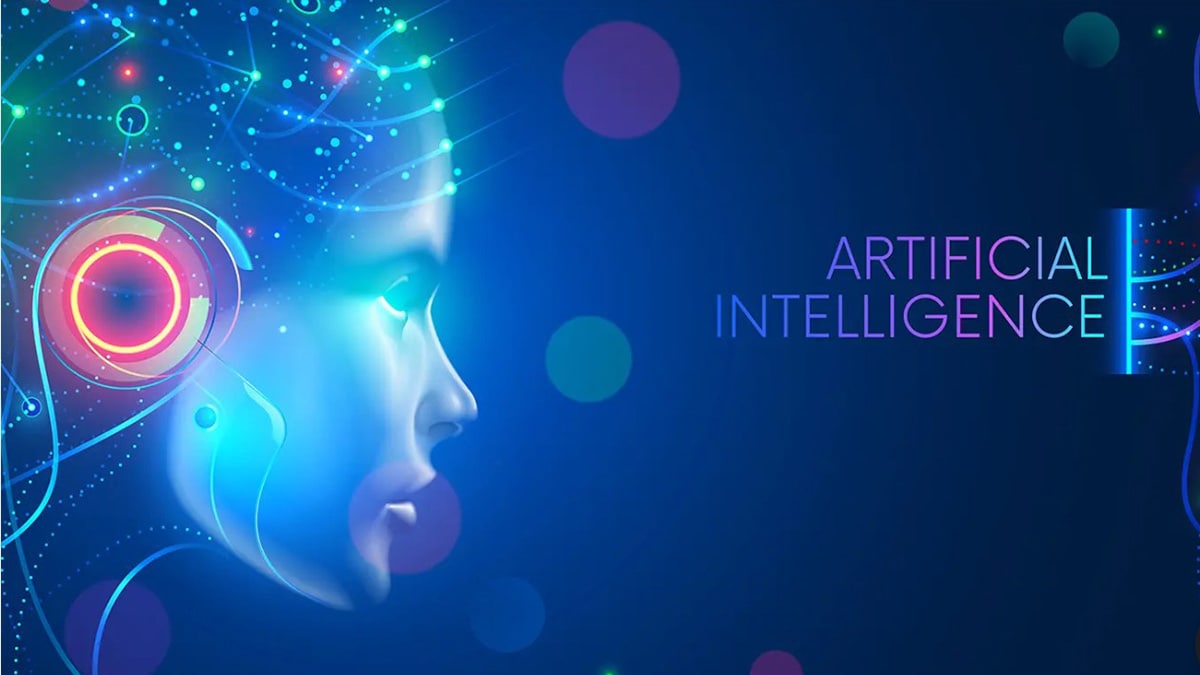Health is a fundamental aspect of life, yet it often receives less attention than it deserves. While many people can easily account for their financial status, the same focus is not always given to their health. This discrepancy underscores the importance of evolving healthcare practices, particularly in the realm of data management.
Role of AI and personalised health records The current healthcare system often relies on Medical Health Records (MHR) to address medical conditions, which are typically controlled by the industry and not always shared. The shift towards Personalised Health Records (PHR), owned and managed by individuals, offers a new approach. This shift could enable AI to support more integrated healthcare, where data is shared across various processes like personal well-being, professional practice management and clinical life cycle management.

AI has the potential to enhance several healthcare processes. In personal well-being, AI could analyse data from medical devices, wearables and sensors to provide insights into an individual’s health. For professional practice management, AI could pair healthcare professionals with individuals based on preferences and needs, allowing for more precise collaboration.
AI could also streamline clinical life cycles, improving diagnostics and treatment efficiency by using comprehensive patient histories. In administrative management, AI can help organise and coordinate medical work, workforce, and workplaces, ensuring smoother transitions from admission to discharge. Additionally, AI could assist in revenue cycle management, optimising costs, insurance and claims processes.
Emerging challenges and opportunities The COVID-19 pandemic highlighted the importance of effective disease management, where AI could play a crucial role in early detection and localised treatments. AI also holds promise in drug discovery and genomic management by enabling collaboration across various healthcare processes, aiding research in disease investigation and treatment development. The recent adoption of the ICD-11 classification system by the World Health Organisation is expected to enhance health data analysis, improving overall healthcare solutions.
Hospital-acquired conditions remain a concern, and AI-supported personalised healthcare could reduce hospitalisation needs by enabling more home-based care. The author is Founder and CEO, Giggr Technologies. Views expressed in the above piece are personal and solely that of the author.
They do not necessarily reflect Firstpost’s views..


















